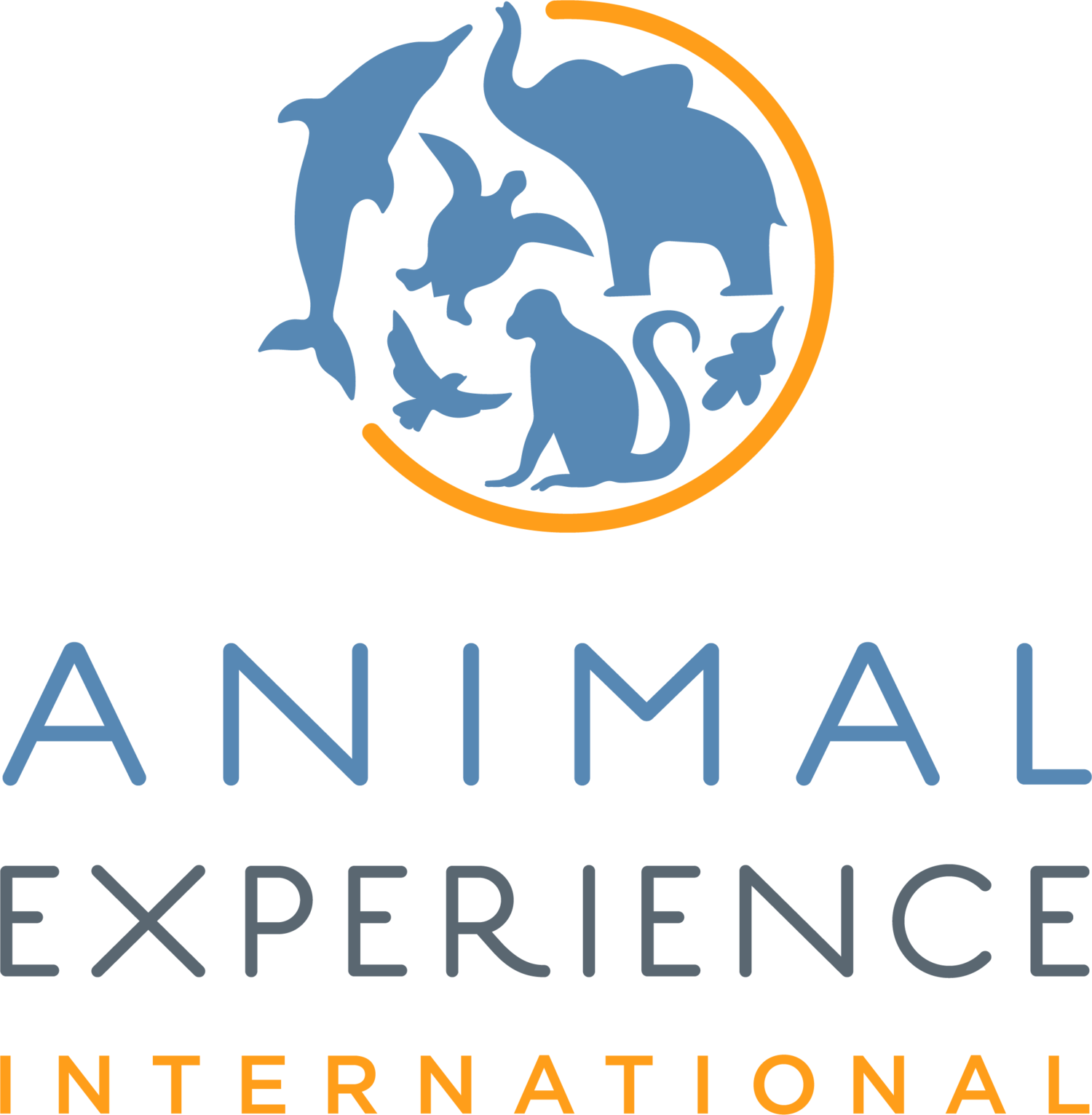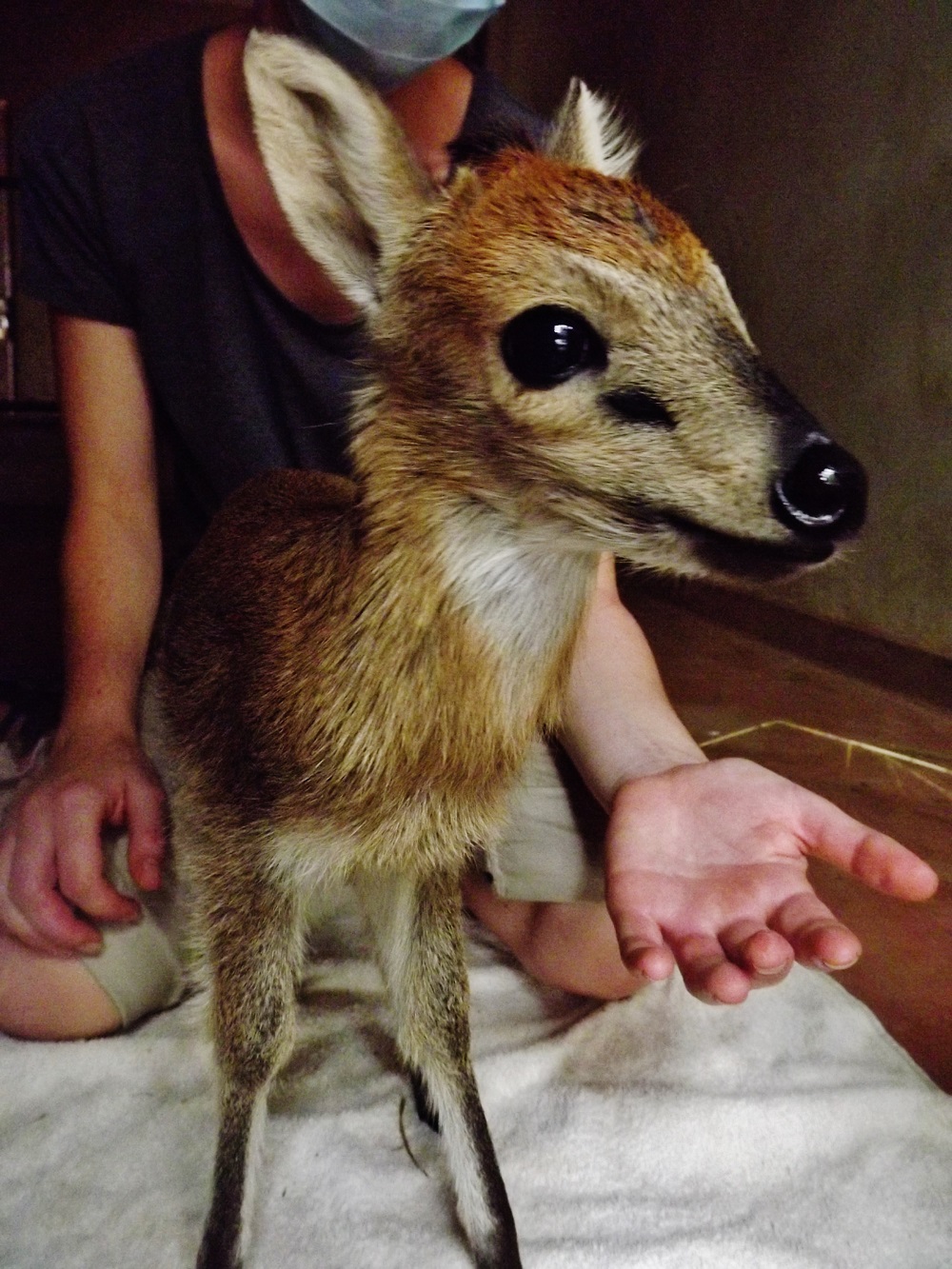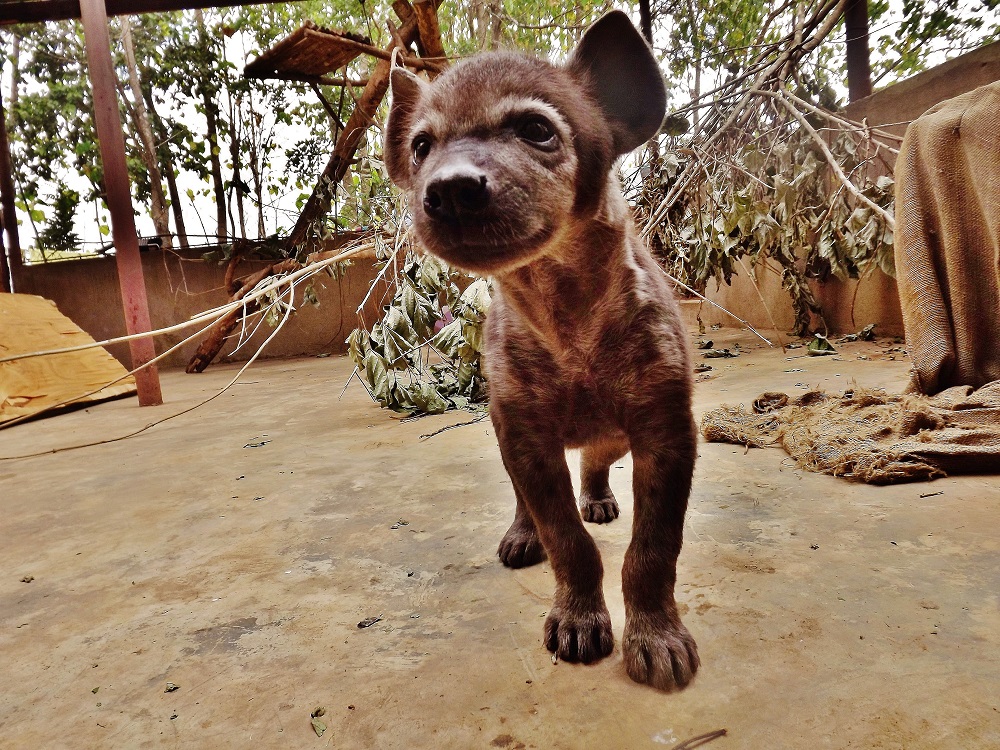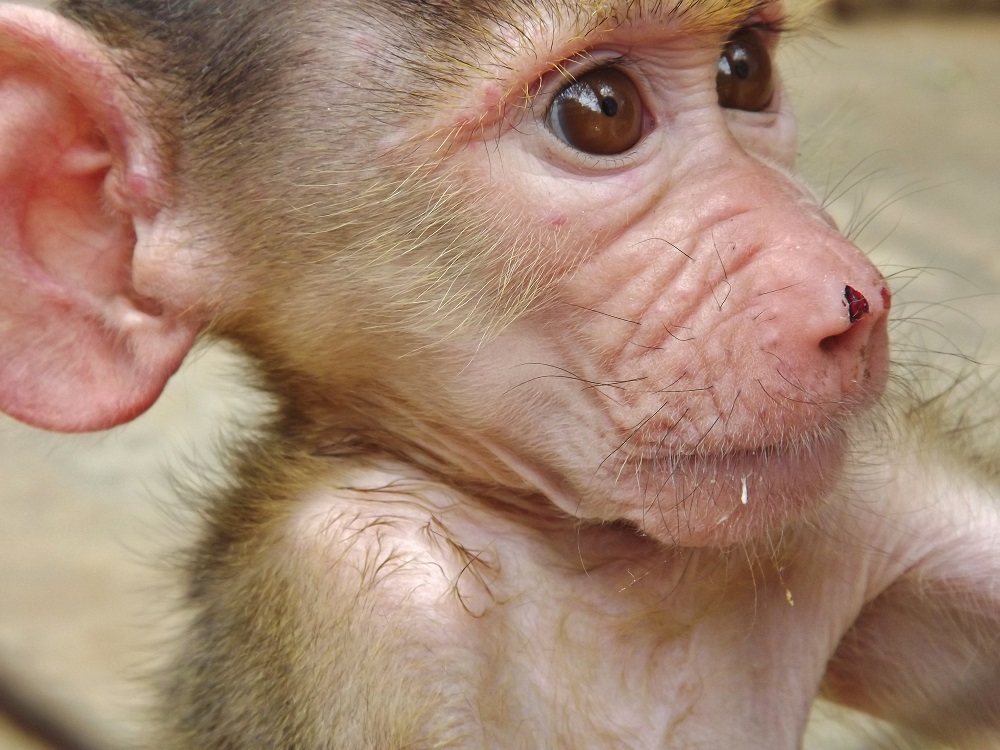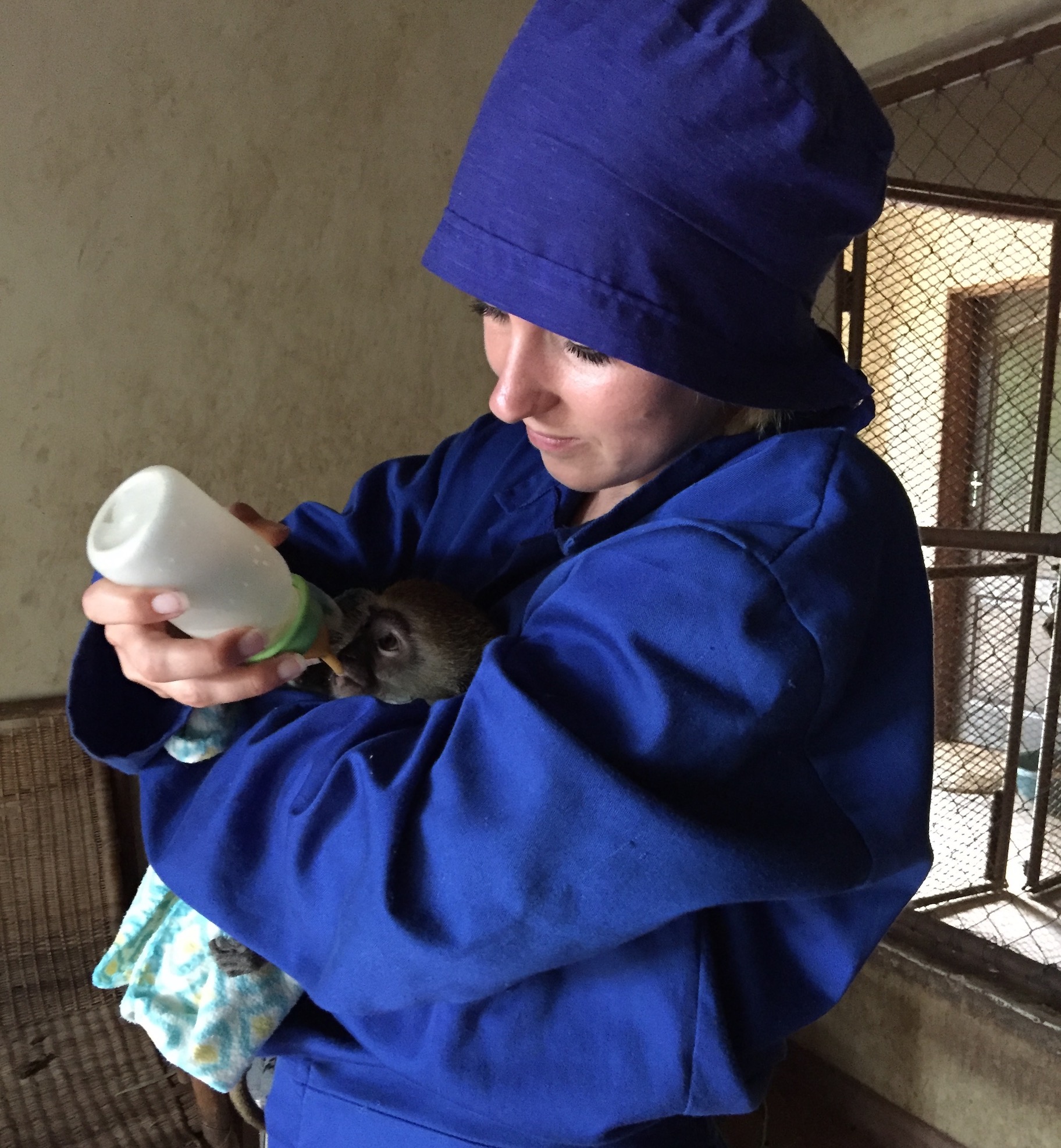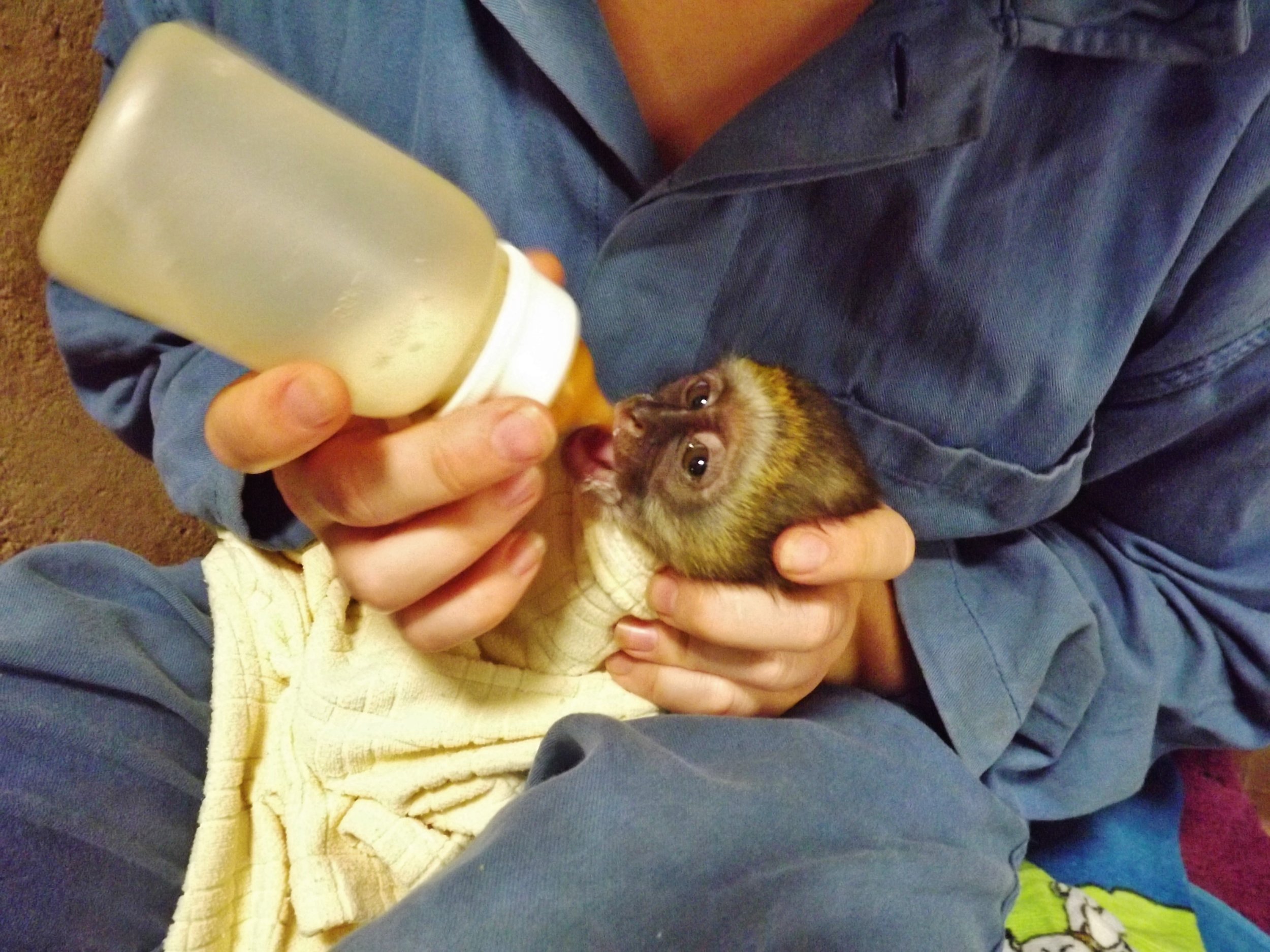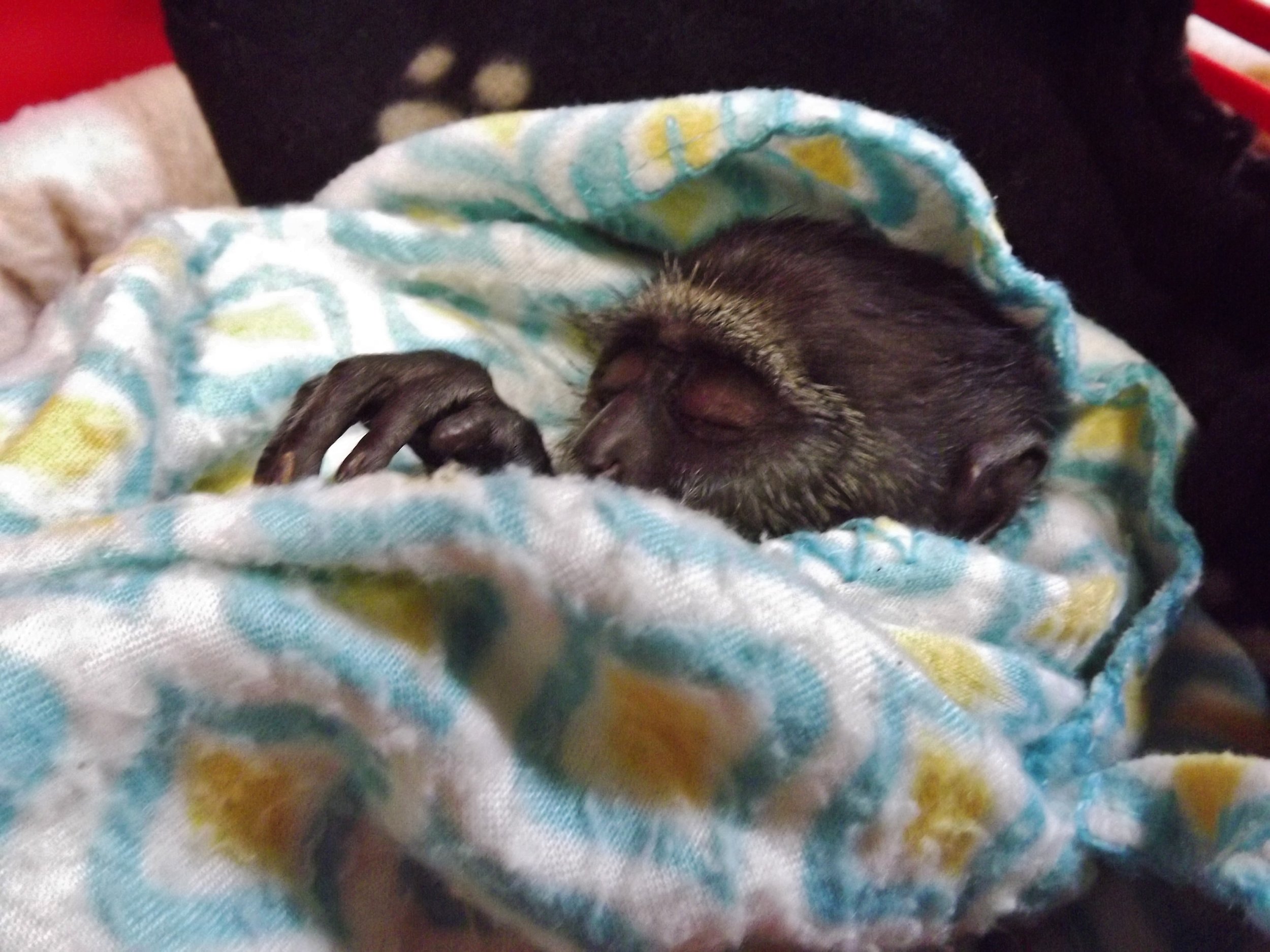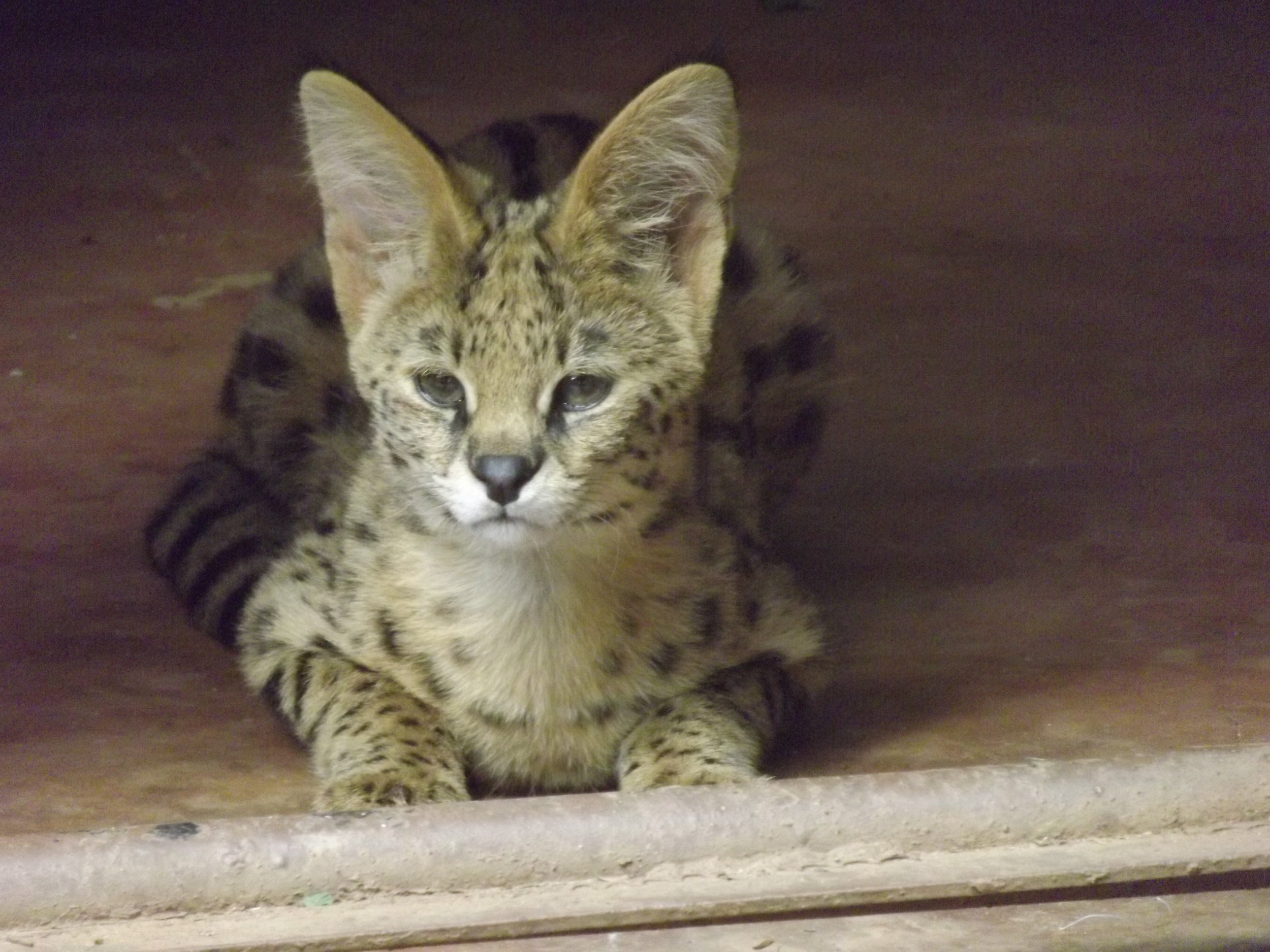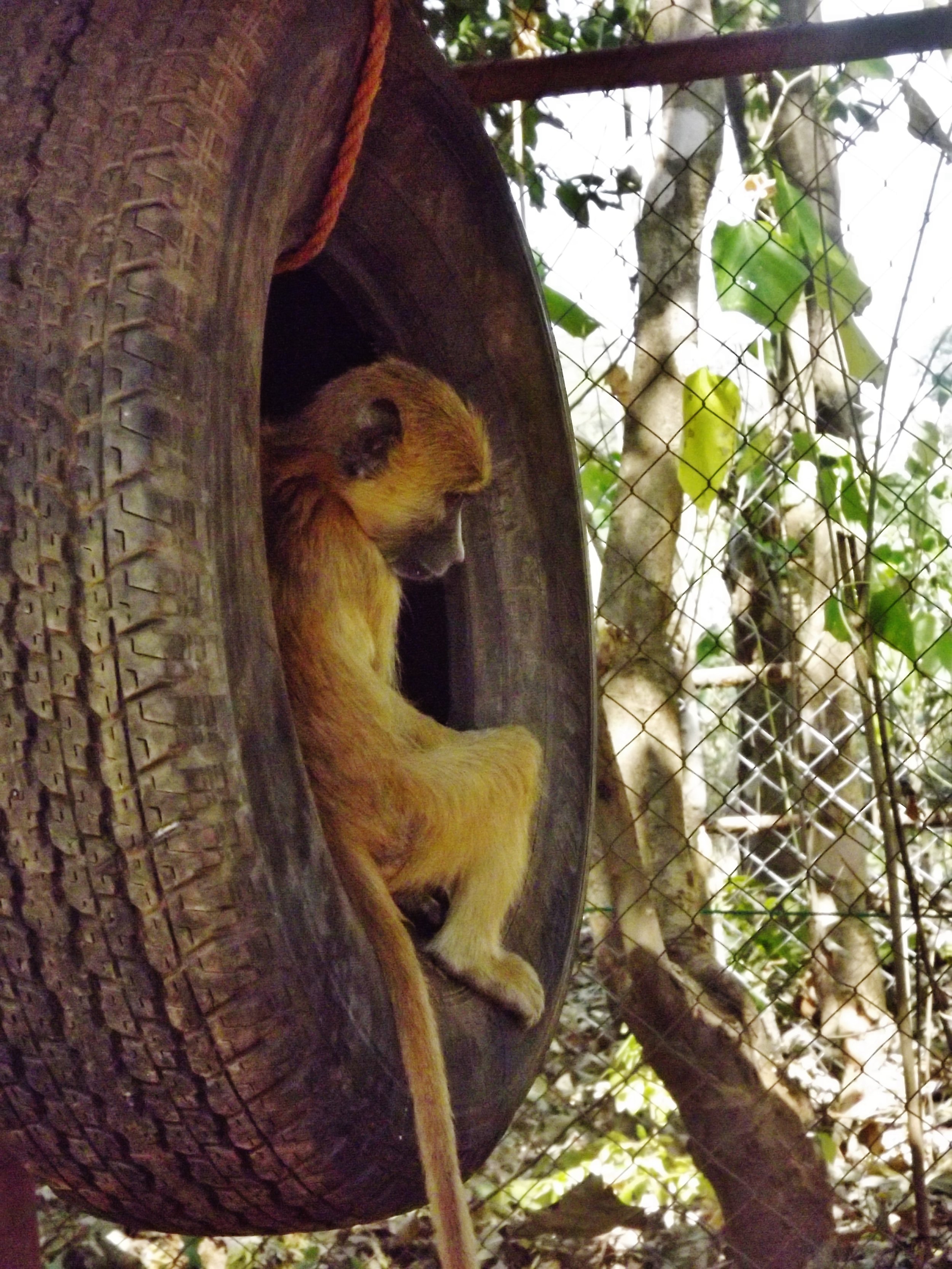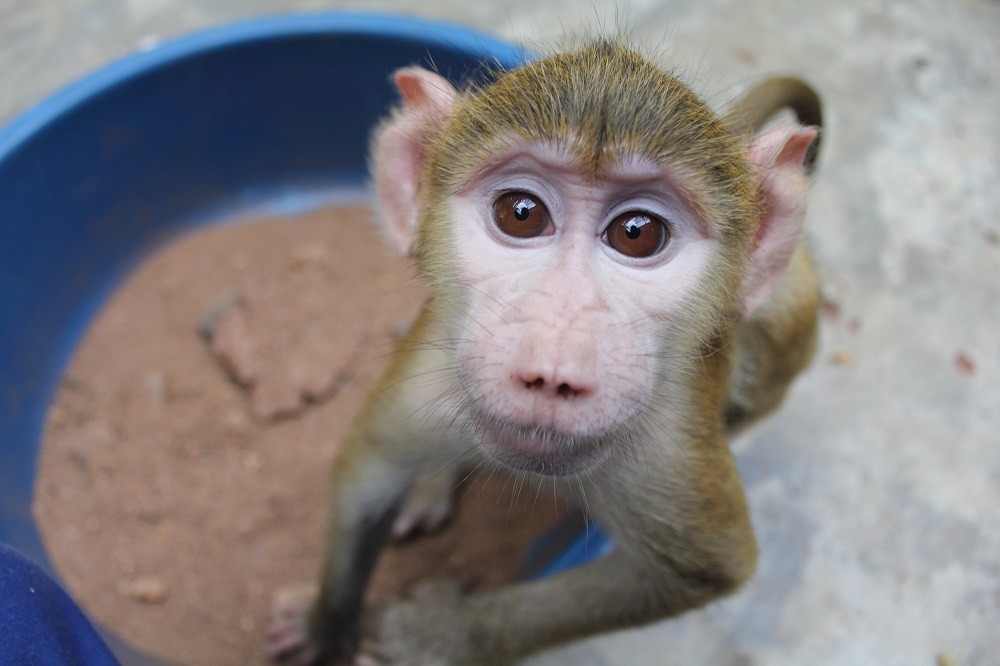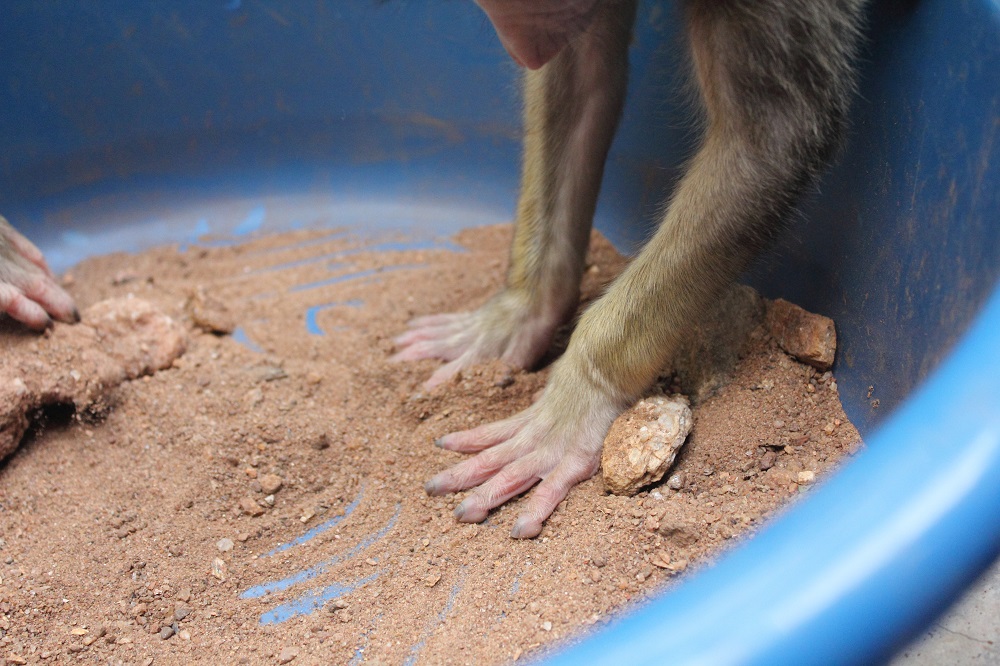“I am having the time of my life but things are different from my expectations - so help me!" I get emails a few times a month that say: I am having the time of my life, I am loving it here, everyone is wonderful, this is an amazing journey... however there is something I don't like. Can you help me?!
The reality of traveling is that there will always be things that you don't like. But does that mean something needs to be fixed? Being outside our comfort zone offers us the unique opportunity to learn about ourselves, to grow and to become more resilient. Even though it is hard, sometimes the best thing to do is to lean into our discomfort and accept the greater life lesson. Humans have never been this connected. We used to share information when we got home from an adventure, not at the end of every day. This meant that we would share the whole climate of a trip, but with technology we are now sharing the temperature of each day. And as AEI’s Volunteer Coordinator, I am often the once receiving these daily updates. That CAN be good. If people aren't having the time of their life. If they are unsafe. If they are sick. If they need a change. However when people think their trip is incredible, once in a life time, perfect.. but still not perfect, this is the time to rethink our mindset. When we travel we need to leave at home our preconceived ideas, our impatience and our need for instant gratification. We need to be open to new experiences and different points of view. We need to put our expectations into the context of a completely different culture and approach the situation with an open heart and open mind.
After helping hundreds of amazing people volunteer all around the world, I have a few observations about having the “perfect experience”. Here is the first one:
When you are in another country, the best people to address and solve your problems are the people around you. Traveling is an opportunity to take ownership of your life, to be your own advocate and to literally create the path you want to go down. As a Volunteer Coordinator I am here to help, but I am literally thousands of kilometres away. Rather than contacting me and asking me to fix a problem, I always suggest that people talk to the local coordinator, vet or local contact, and discuss the perceived problem together. Many times people are surprised that by discussing what is happening and learning why things are the way they are, that their perception shifts. Even if the problem isn’t fixed right away, you might be able to take a more understanding view and learn about the country and the culture in the process. This is an important and powerful shift – instead of people saying that a situation NEEDS to change FOR them, they can say the situation is changed BY them.
My second observation has to do with our perception. What makes us consider something to be a problem? Is there really a problem, or is the problem something that only exists because reality often isn’t equal to our expectations?
When we are preparing for the “adventure of a lifetime” we place a lot of expectations on the experience, imagining what we want to get out of it, and what it will be like to visit that country. We each have our own reasons to travel and volunteer with animals, and we are all hoping to get something specific from our time away. I try to help before you go by answering questions, sharing information with you about the placement and providing a travel guide about the country. However no matter how well you prepare for your trip, it will never be exactly how you imagined. Sometimes it is even better than you could have dreamed, and sometimes it is so different that your head is reeling. And rarely things happen - like getting sick, a world event, or a natural disaster - that no one could have foreseen. It often helps to realise that it's not the experience that isn't perfect - it's that the experience does not match the expectation of the traveler. Placements will never be perfect for everyone, all of the time. But is it for me, as the Volunteer Coordinator, to 'fix reality' (which would mean actually changing a placement so it fits a volunteer’s expectation)? Or is it for the traveler to redefine their idea of the placement, community, culture and country? We shouldn’t demand a change in a community because it doesn't meet our imagined ideas. As visitors to another country it seems more appropriate to approach our experience with an open mind, and try to adapt our ideas to reality.
Which leads me to my third observation: people are underestimating the country they are visiting.
The amazing people who travel and volunteer through AEI want to make a difference. However we have to be careful not to fall into the trap of thinking we have the only skills and solutions needed to change a situation. There is a fine line between wanting to help, and wanting to swoop in with our own answers to be a hero in the community. Our partner organizations have been doing important work in their own countries for years, addressing problems specific to the animals in their area. These local organizations are the ones who best understand the situation, the politics, the laws, the culture, and the reality in their country. Many people tend to romanticize their volunteer experience, painting these countries with massive imaginary brush strokes of a place they think should be poorer- more in need. They do not understand that their view of a country may have been highly biased and base on their education, media consumption and of course political background. They are also not understanding the massive spectrum that these countries host: very wealthy to very poor (just like their own country).
We cannot go in with preconceived ideas on how we will help, and what the country will offer us in return. While hands-on work is invaluable, it is not the only – or even the most important way – that we can make a change. Just showing up makes a difference. This supports the economy of the local community, and validates the importance of the work in the community’s eyes. It helps our placement partners continue to run their programs. It educates our friends and family back home, and makes the world a more informed place. We cannot underestimate the country we are visiting and think that they owe us their stereotypes, owe us our expectations of them. We are ambassadors of our own countries, and we should be careful not to come across as being entitled or self-serving.
I believe that if we can overcome these three misconceptions, traveling can be an uplifting and life-changing experience. You cannot report the temperature every single day and have someone from across the world change it for you. We need to remember to take ownership in our lives and try to solve problems on our own. Travel with an open heart, seek to understand, and do not go on your trip with preconceived ideas of what the volunteer placement “owes” you. Remember that you are there to lend a hand, not to solve problems. And take delight in all the surprises the new country and culture shares with you. If your experience while travelling isn't “perfect”, is it the Volunteer Coordinator’s fault, the country’s fault or your fault? Or is it the essential essence of traveling and experiencing new things.
More importantly, does it even matter if it isn't perfect?
